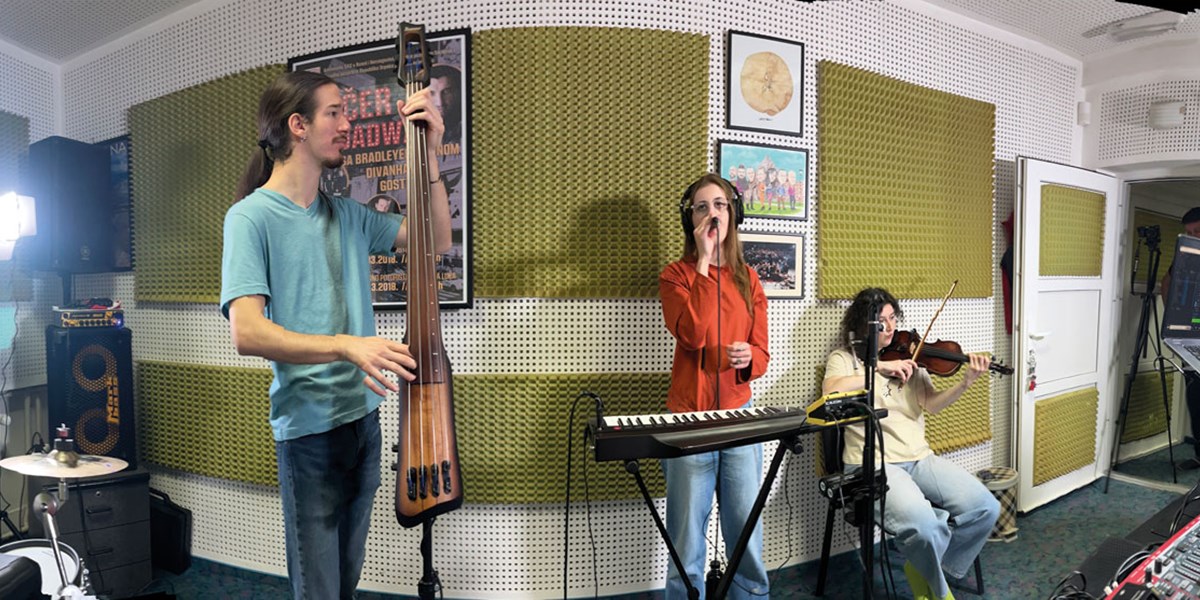Thursday, September 25, 2025
Divanhana’s Radio Sevdah: Sarajevo band reimagines Bosnia’s soulful tradition for a new generation
Simon Broughton tunes into Radio Sevdah with Balkan sound revivalists Divanhana. Photos by Simon Broughton


Register now to continue reading

Thanks for visiting the Songlines website, your guide to an extraordinary world of music and culture. Sign up for a free account now to enjoy:
- Free access to 2 subscriber-only articles and album reviews every month
- Unlimited access to our news and awards pages
- Our regular email newsletters

